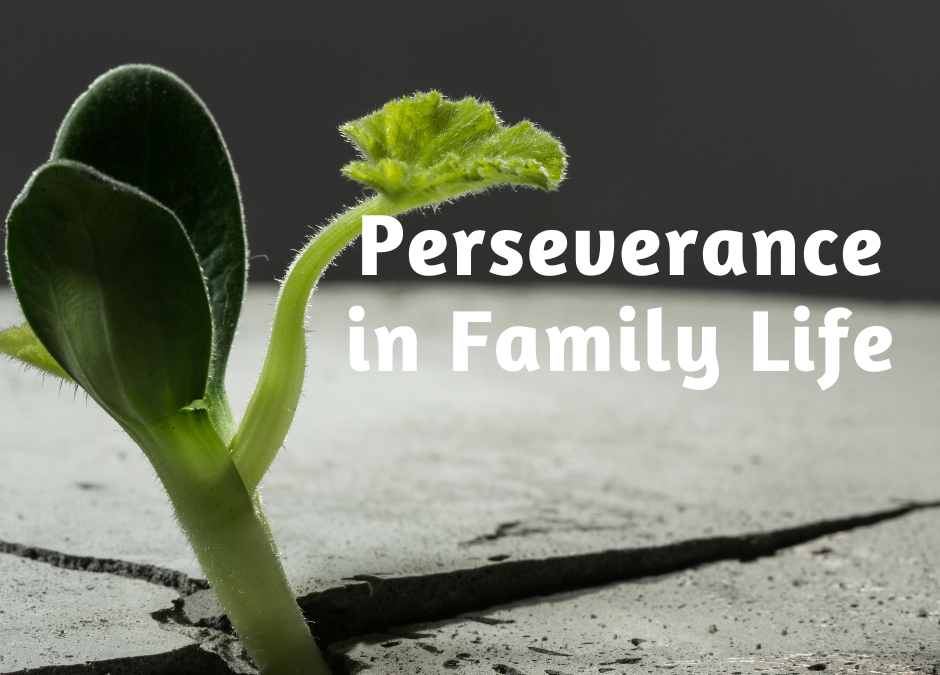
Adding Value Through Appreciation in Family Life

Often, we think of appreciation as simply saying “thank you” or acknowledging someone’s efforts. However, appreciation is much more profound than that—it’s about adding value to our relationships and experiences.
Let’s explore how this concept applies to family life and how we can nurture appreciation to foster stronger connections and personal growth within our homes.
Understanding Appreciation as Adding Value
When we think of appreciation as adding value, it goes beyond recognition; it becomes an intentional act that enhances the worth of our relationships. In a family setting, appreciation means recognizing each family member’s unique qualities, efforts, and contributions, thereby enriching the familial bond.
How Appreciation Adds Value to Family Relationships
-
-
- Strengthening Bonds: When we express appreciation, we validate each other’s feelings and efforts. This validation strengthens the emotional ties between family members, creating a supportive environment where everyone feels valued and loved.
- Encouraging Open Communication: Appreciation fosters an atmosphere of trust and openness. When family members feel acknowledged, they are more likely to express themselves, share their thoughts, and engage in meaningful conversations. This open communication lays the groundwork for deeper connections.
- Building Self-Esteem: Children thrive on recognition and validation. When parents actively appreciate their children’s efforts—whether in school, sports, or household tasks—they help build their self-esteem and confidence. Children who feel valued are likelier to take initiative and develop a positive self-image.
- Fostering Cooperation: Appreciation encourages teamwork and collaboration within the family. Recognizing and valuing each member’s contributions promotes a sense of shared responsibility and encourages everyone to work together toward common goals.
- Promoting Resilience: Life can present challenges, but a family that appreciates one another can weather storms more effectively. Appreciation acts as a buffer, helping family members feel supported and understood, which fosters resilience in the face of adversity.
-
Practical Ways to Cultivate Appreciation in Your Family
Now that we understand how appreciation adds value to family relationships let’s explore some practical ways to infuse appreciation into your daily family life:
-
-
- Start a Family Gratitude Jar: Encourage each family member to contribute notes of appreciation or gratitude. They can write about what they value in each other or recall special moments. Read these notes together during family gatherings to celebrate each member’s contributions.
- Establish Appreciation Rituals: Create regular rituals, such as “Thankful Thursdays,” where each family member takes turns sharing what they appreciate about one another. This practice not only nurtures gratitude but also strengthens the family bond.
- Recognize Efforts, Not Just Achievements: Teach your children to appreciate the effort behind tasks rather than focusing solely on the outcome. For example, if your child studies hard for a test but doesn’t achieve the desired grade, acknowledge their dedication and hard work. This approach fosters a growth mindset.
- Express Appreciation Freely: Make it a habit to verbally express appreciation daily. Whether it’s thanking your spouse for their support or acknowledging your child’s creativity, verbal expressions of gratitude can significantly enhance relationships.
- Practice Mindful Moments Together: Take time to be present with each other, whether it’s during family meals or quiet evenings. Discuss what each person appreciates about their day. These mindful moments foster connection and reinforce the value of each member’s experiences.
-
The Ripple Effect of Appreciation
When we practice appreciation within our families, we create a ripple effect beyond our household. Children who grow up in an appreciative environment are likelier to carry this virtue into their relationships with friends, teachers, and the wider community. They learn that adding value to others’ lives creates a positive atmosphere, leading to healthier interactions and stronger connections.
As we continue our Virtue Quest, remember that appreciation is about adding value to our relationships. By intentionally cultivating appreciation within our families, we strengthen our bonds and create an environment where everyone feels valued and supported.
Thank you for joining me in this week’s exploration of appreciation. Let’s commit to recognizing and valuing each family member, nurturing a loving atmosphere that promotes growth and connection.
Joe is a husband, father, grandfather, author, speaker, educator, course creator, and parent/family coach.
He helps parents develop unity, find clarity, communicate, and develop consistency in their parenting with the Four C’s of Successful Families. You can find his work on social media.
In addition, the Four C’s newsletter is enjoyed by many as it encourages parents to self-care, build their relationships with their partners, and raise their children.
And he loves to golf!





